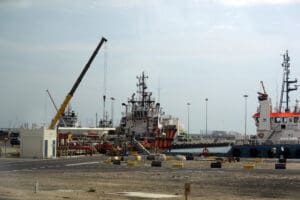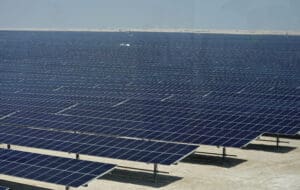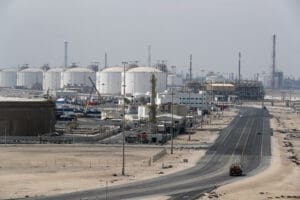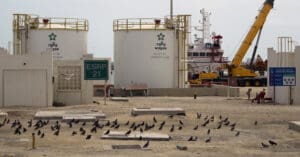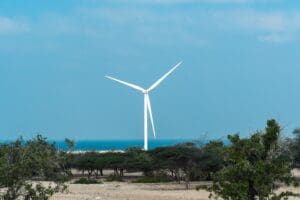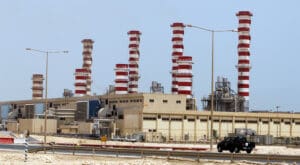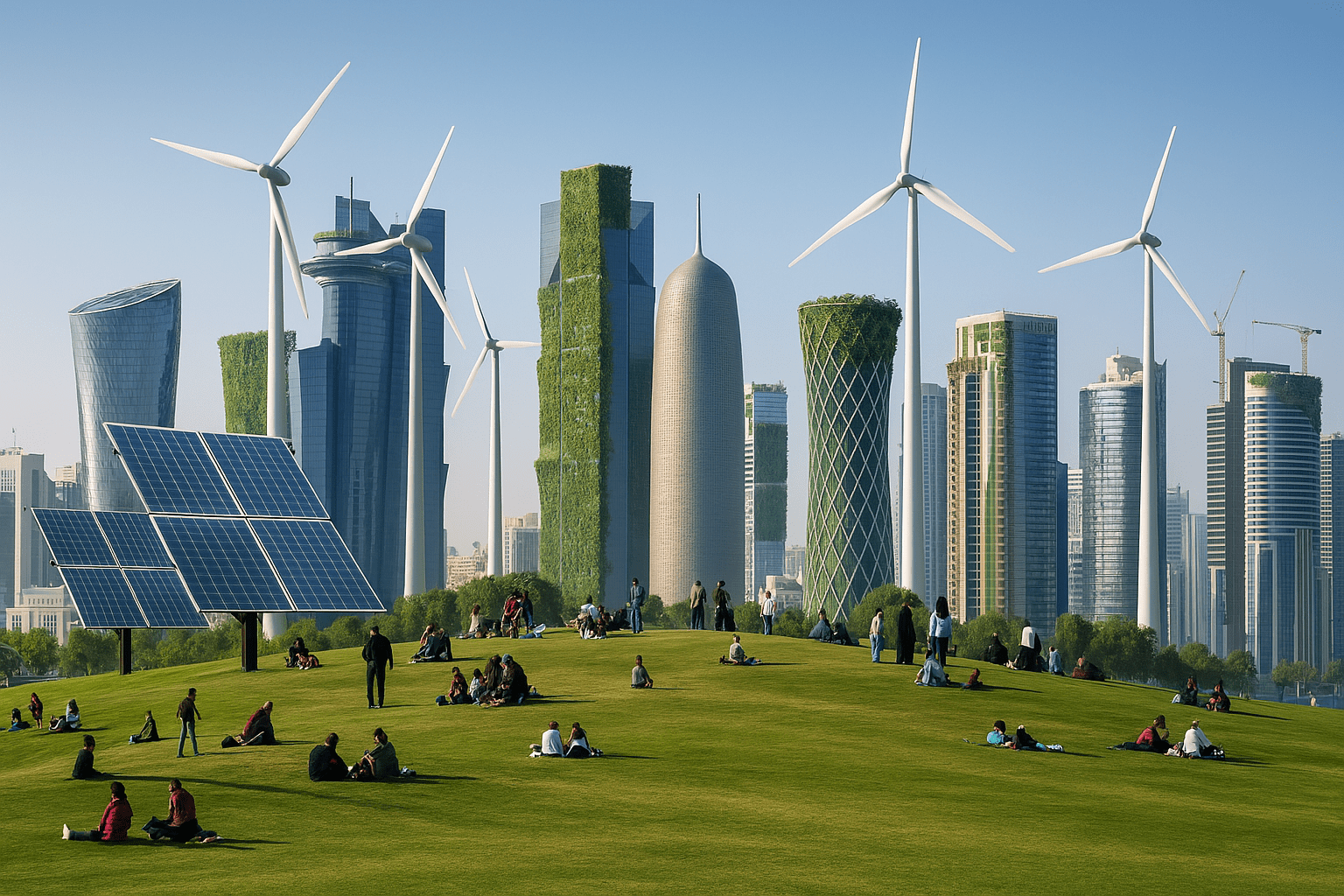
Carbon Emissions Reduction Strategies for Qatar
Dossier, January 2025
Introduction
Recognizing the grave threat that climate change poses to people and the planet, the 2015 Paris Agreement, adopted at the United Nations Framework Convention on Climate Change’s (UNFCCC) Conference of the Parties (COP21), set an overarching goal of limiting the increase in average global temperature to 1.5°C above pre-industrial levels. However, as greenhouse gas (GHG) emissions have continued to increase, this threshold will certainly be surpassed, placing the world at greater risk of ecological crises and extreme weather events. Indeed, 2024 was the warmest year on record, with average global temperatures at around 1.55°C above pre-industrial levels.
It will take a concerted and coordinated global effort to mitigate the potential negative impact of climate change, and Qatar has the potential to play a leading role on climate action. During the 1990s, Qatar pioneered the production and export of liquified natural gas (LNG), a transition fuel that is cleaner than coal and oil in terms of end use emissions. The gamble paid off, allowing natural gas to replace dirtier coal in many parts of the world and, in the process, helping Qatar become one of the world’s wealthiest countries and placing it in a unique position to support global emissions reduction efforts.
[…]
Drawing on the wealth of local expertise, in September 2024, the Middle East Council on Global Affairs and Earthna: Center for a Sustainable Future organized a policy workshop to explore pragmatic approaches to carbon emissions mitigation and reduction that align with Qatar’s National Vision 2030, its socio-economic context, and its environmental imperatives. The workshop brought together a group of scholars focused on studying emissions reduction strategies to explore the policy implications of their research. A group of policy experts and advisors from the Ministry of Environment and Climate Change, Qatar Foundation, Al-Attiyah Foundation, and other institutions joined the discussion.
Following the workshop, several participants agreed to collaborate to publish a dossier focused on carbon emissions reductions strategies for Qatar. Twenty scholars joined this effort, producing a total of ten chapters, grouped into three sections.
Table of Contents
Introduction: Understanding Qatar’s Approach to Mitigating Carbon Emissions and Climate Change by Nader Kabbani and Muez Ali
Section 1: Qatar’s Economy and The Debate on Carbon Emissions Reduction
Chapter 1: Offsetting Emissions Through LNG Exports: Past and Future Trends by Muez Ali, Abdalftah Hamed Ali, Gonzalo Castro de la Mata, and Alex Amato
Chapter 2: Qatar, Energy Exports and the Low Carbon Technology Debate by Dhabia M. Al-Mohannadi and Beverley Milton-Edwards
Chapter 3: Pathways to Decarbonization and Economic Diversification in Qatar by Marcello Contestabile, Carlos Mendez, Pankaj Kumar and Maroua Benlahrech
Section 2: Carbon Alternatives and Low Carbon Technologies in Qatar
Chapter 4: LNG Giant and Solar Dreams: Qatar’s Next Energy Chapter by Justin Dargin
Chapter 5: Qatar’s Policy Outlook on Nuclear Energy’s Role in Decarbonization by S. Duygu Sever Mehmetoglu
Chapter 6: Hydrogen as a Catalyst for Emissions Reduction in Qatar by Aisha Al-Sarihi
Chapter 7: A Pathway to Cutting Carbon Emissions from Desalination in Qatar by Deema Almasri and Mohammad Abu Hawash
Section 3: Carbon Markets in Qatar and the MENA Region
Chapter 8: Unleashing Ambition: the Role of Carbon Markets in the Paris Agreement Implications and Opportunities for Qatar by Alexandra Soezer
Chapter 9: Carbon Markets and Emission Reduction Strategies for Achieving Net Zero Emissions in the MENA Region by Neeshad Shafi
Chapter 10: Carbon Markets as a Strategic Pathway to Carbon Reduction in Qatar by Omer F. Agca and Ahmet F. Aysan
Conclusion by Nader Kabbani and Muez Ali




